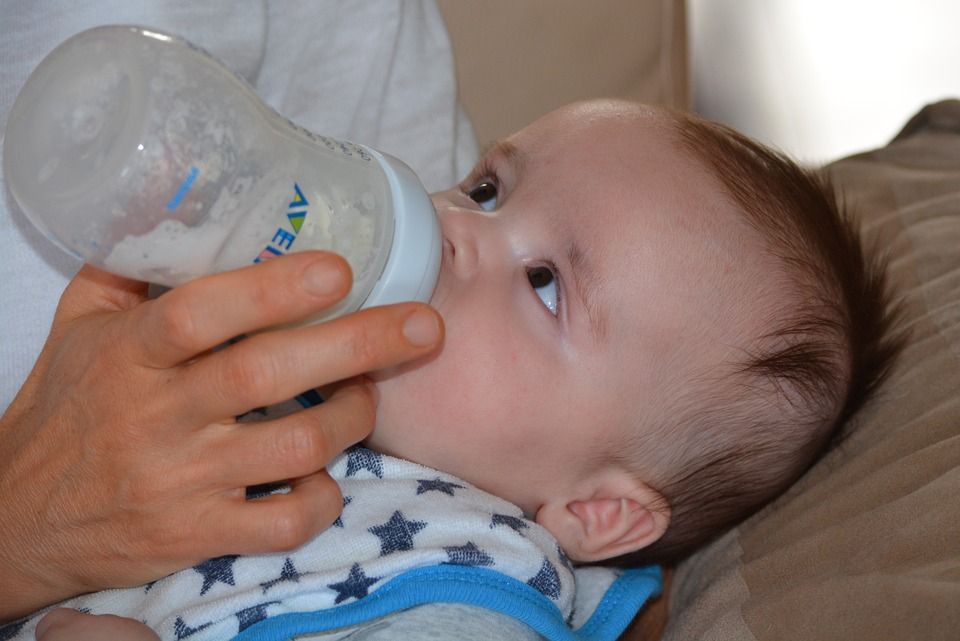While the general consensus among experts is that breast milk is extremely beneficial to the overall health of a child, not every mom will choose this option.
For a number of reasons, there are lots of mothers who rely on formula as a healthy alternative to feed their hungry babies.
So far, research has shown that there is very little difference in the long-term outcomes of children who were breastfed and those who relied on the bottle. However, new studies in the field are slowly emerging, and revealing some new information about how the different feeding methods could impact a child later in life.
Recently, researchers at the University of Washington published the findings of their latest study on breastfeeding in the Laterality: Asymmetries of Body, Brain and Cognition, and it shines a light on information we weren't aware of before.
Based on 60,000 pairs of mothers and babies, the researchers found that those who were fed from a bottle were likely to become left-handed or ambidextrous.
The longer a child is breastfed the smaller their chances of becoming left-handed. Those who breastfed for only a month had a nine percent lower chance of "nonrighthandedness," while over six months saw a 22% decrease.
"We think breastfeeding optimizes the process the brain undergoes when solidifying handedness," said Philippe Hujoel, the study's author. "That's important because it provides an independent line of evidence that breastfeeding may need to last six to nine months."
It's important to note that the study does not imply breastfeeding leads to righthandedness. One's fetal development and genetics play a much bigger role in whether or not they're left or right-handed.
The study also touches on the correlation between how long a mother breastfeeds her child and its impact on brain development.
"It provides an independent line of evidence that breastfeeding may need to last six to nine months," Hujoel said, according to Science Daily. "It is concluded that the critical age window for establishing hemispheric dominance in handedness includes the first nine months of infancy and is in part determined by nurture."



